Hello Harney Customers,
It's been a while since we've provided you with an update, so without further ado:
Here at our production facility in Millerton, we have made good progress in our transition to replacing our nylon material for our teas packaged in sachets. We're pleased to say that 93.5% of our sachets are now using a sugarcane based material. The list of teas that are not using the sugarcane material are:
- Hot Cinnamon Spice, Decaf Hot Cinnamon Spice, Green Hot Cinnamon Spice, Herbal Hot Cinnamon Spice
- Chamomile
- Organic Green with Citrus & Ginkgo
- Yellow & Blue
- Organic Turmeric & Ginger
- White Peach Matcha, Very Berry Matcha, Roasted Buckwheat Matcha, Matcha Iri Genmaicha
We are still trying to figure out how to switch these remaining blends over and hope that in a few months we will be at 100% sugarcane sachet production.
The plant-based material we are using comes from sugarcane grown in Thailand. The sugarcane is fermented and bacteria eats the fermented sugar making lactic acid which is converted into a fiber that creates the mesh that holds in the tea but allows the liquid tea to flow to you. So all sugar is converted and none remains in your sachets material, making it safe for diabetics and those concerned with sugar intake.
The sugarcane sachets are compostable, but in full transparency, it will not decompose well in your compost pile out back. This material needs more heat than a home compost pile can provide, in order breed enough bacteria to digest it. We have commissioned a study with the Cary Institute to see if we can solve this problem.
We want to clarify that we are using very little petroleum-based nylon at this point. Any microparticles that might be released by the sugarcane material are digestible by your body, unlike in your compost heap.



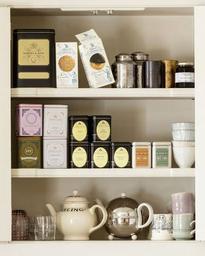
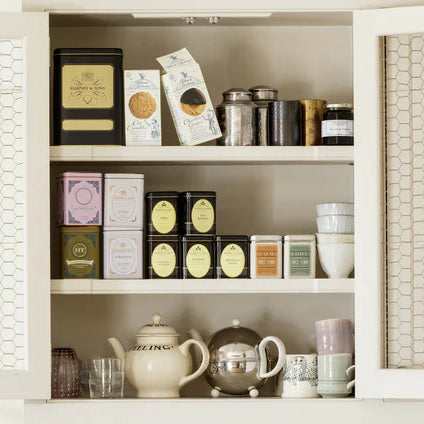
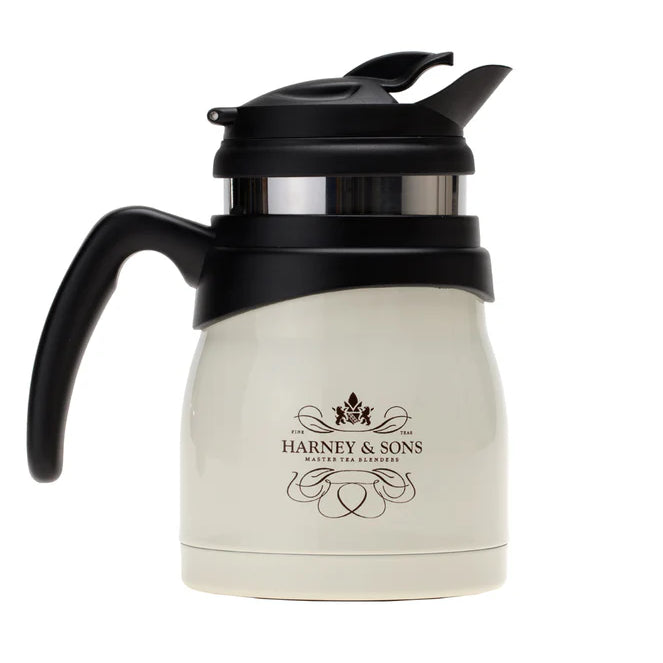
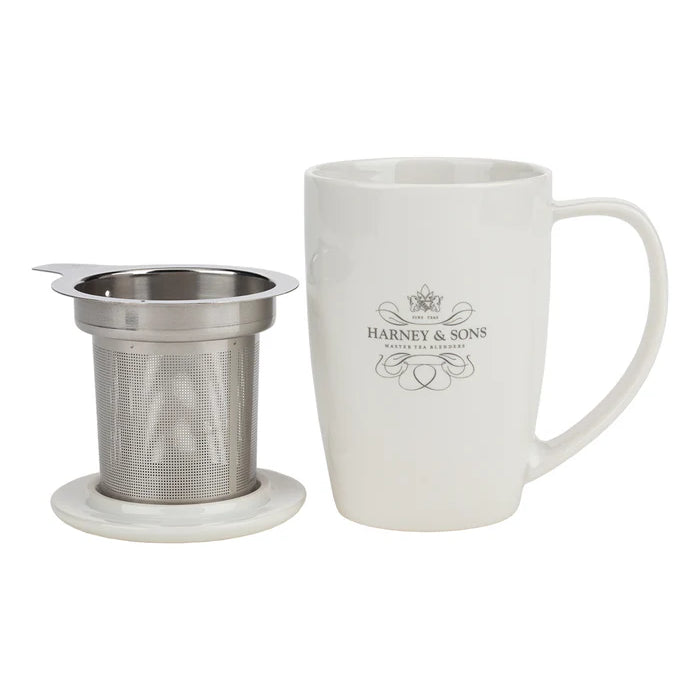
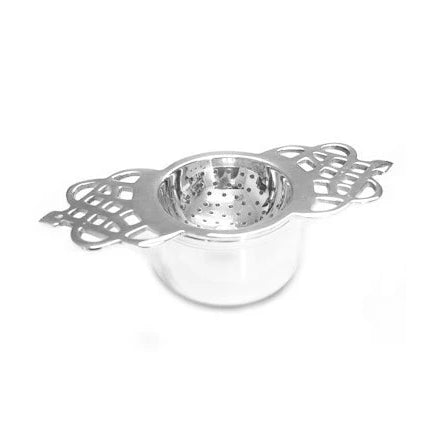
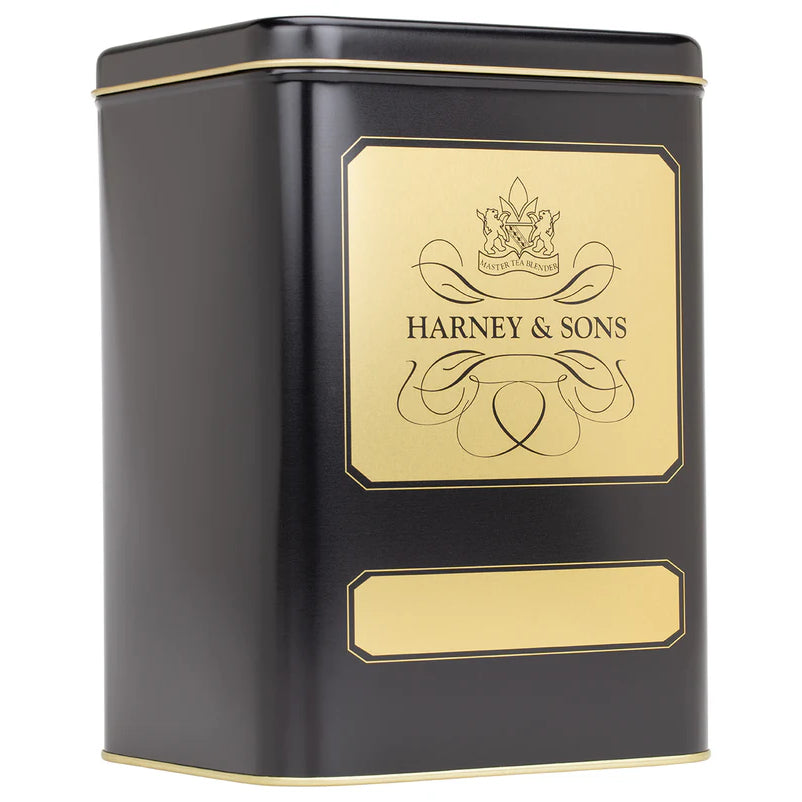
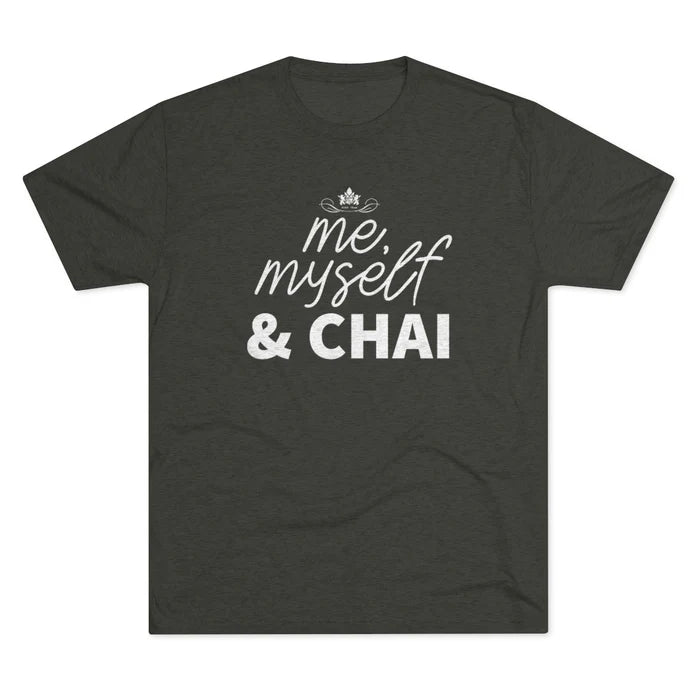

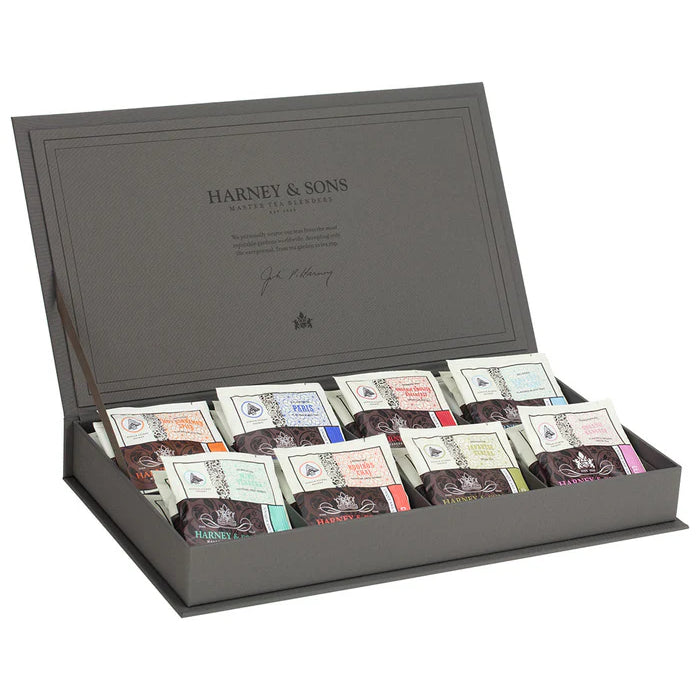
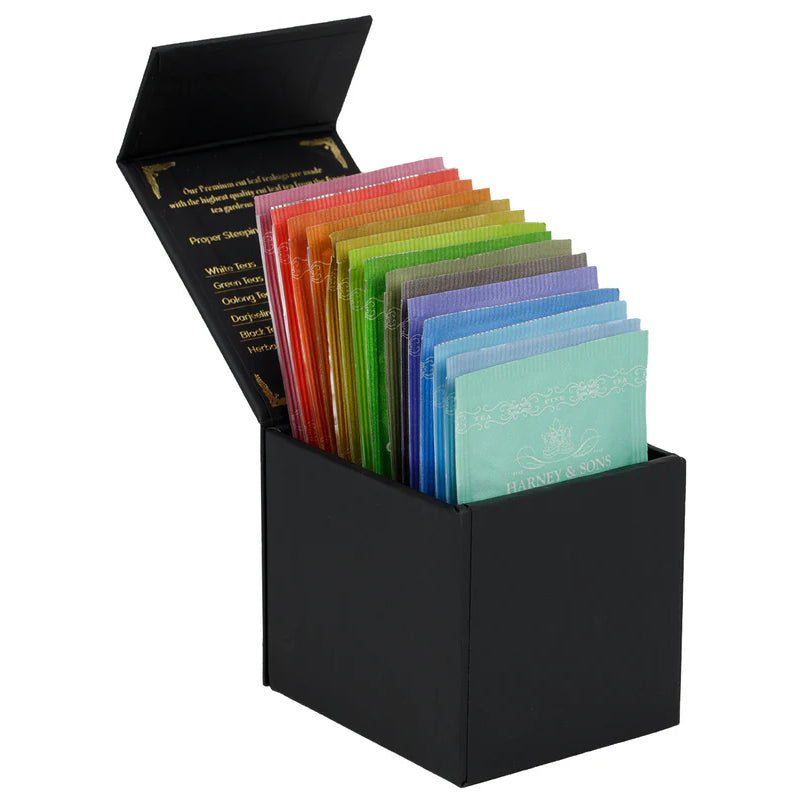



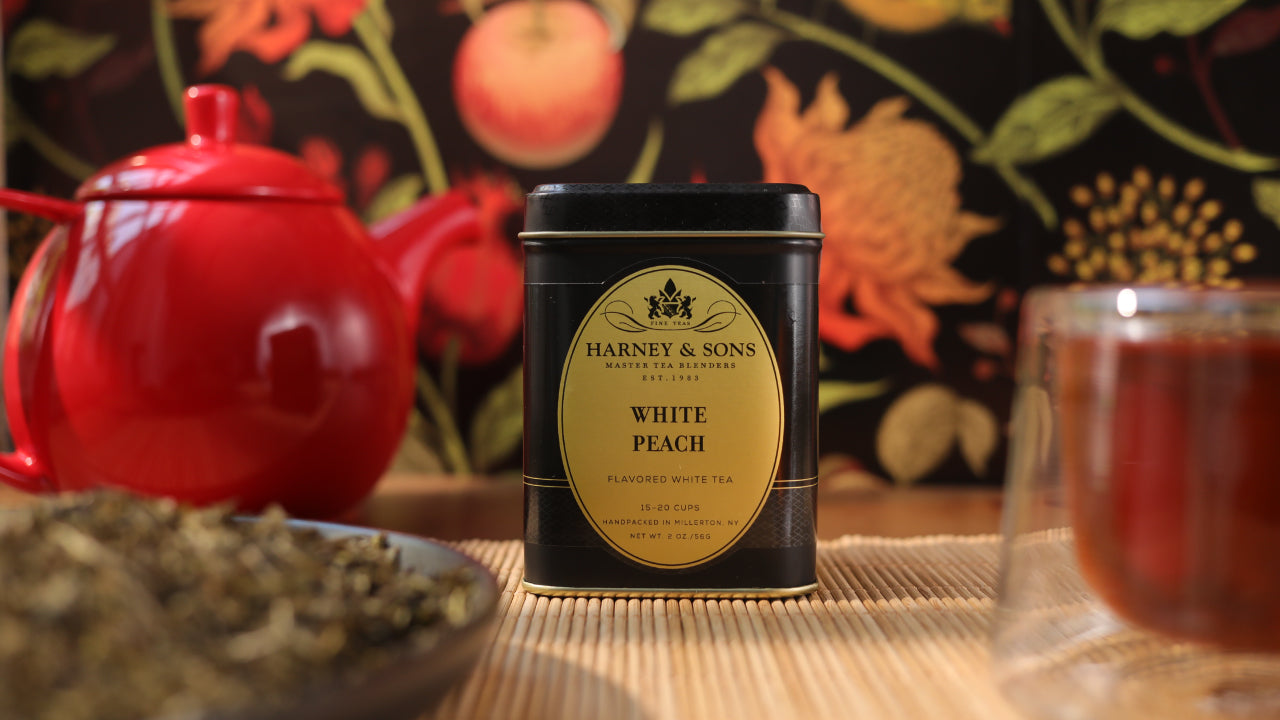
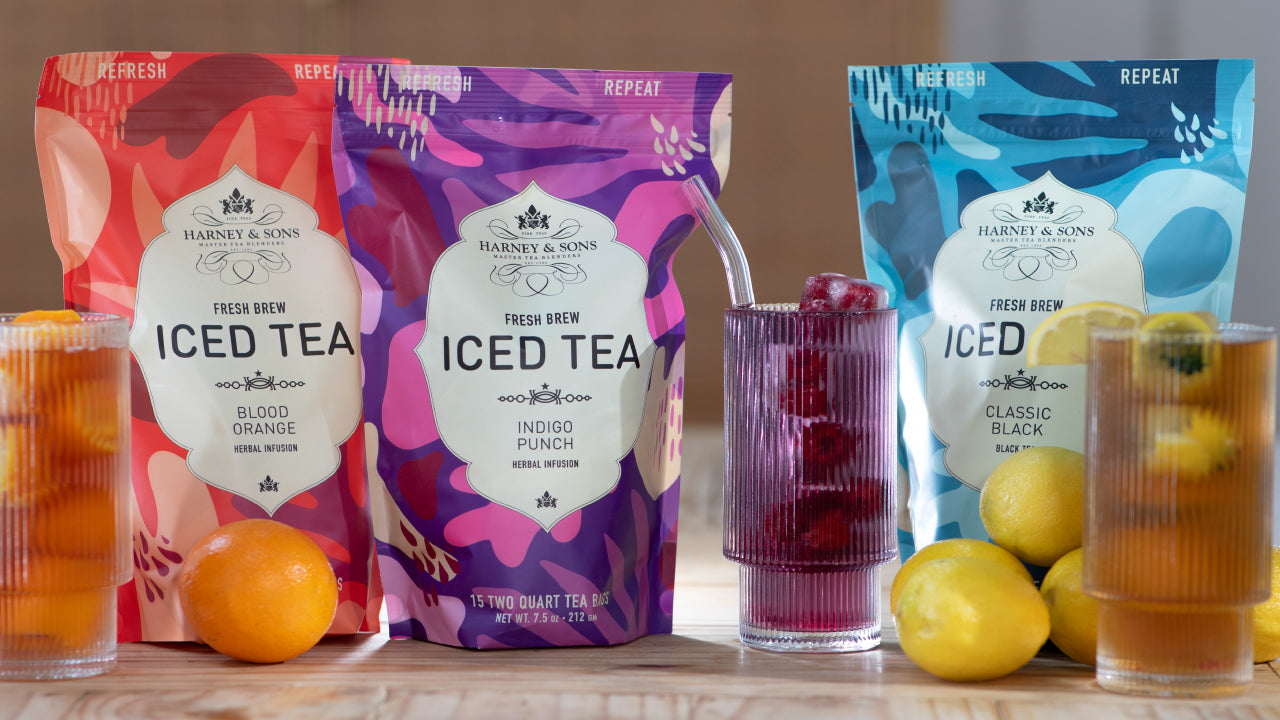
5 comments
Niko Bellic
Glad to hear!
A lot of other companies don’t care about their sachets which have glue and other things in them which stay in human body
Glad to hear!
A lot of other companies don’t care about their sachets which have glue and other things in them which stay in human body
M M
Just heard Dr. William Li speak on this exact subject! (Dr. Li was guest on Dr. Mindy Pelz podcast).
The partnership between Harney & Sons and Dr. Li provides us with the nutrient-dense Angiogenesis green tea that our family thrives on. And it is delicious to boot!
Thank you for investing in the vibrant health of your clients.❤️
Just heard Dr. William Li speak on this exact subject! (Dr. Li was guest on Dr. Mindy Pelz podcast).
The partnership between Harney & Sons and Dr. Li provides us with the nutrient-dense Angiogenesis green tea that our family thrives on. And it is delicious to boot!
Thank you for investing in the vibrant health of your clients.❤️
Katie Fast
This seems to be the same update from June 2023, with the exception of a possible typo. In the headline here, the stat quoted is 92.5% (the 2023 figure), and in the body of the update it is stated to be 93.5%. There no changes to the list of teas which are yet to be transitioned to the sugar cane-based material, so I’m assuming it’s an error. I’m looking forward to the remaining teas being transitioned in the near future.
This seems to be the same update from June 2023, with the exception of a possible typo. In the headline here, the stat quoted is 92.5% (the 2023 figure), and in the body of the update it is stated to be 93.5%. There no changes to the list of teas which are yet to be transitioned to the sugar cane-based material, so I’m assuming it’s an error. I’m looking forward to the remaining teas being transitioned in the near future.
J O
Interesting. I’m very pleased to hear that they are being made with a compostable, non-harmful material. I swear though that I thought the sachets were made of silk. Now where did I hear that?
Thank you for working towards using less harmful products in your packaging. Next up – the plastic bags the 50pks come in!
Interesting. I’m very pleased to hear that they are being made with a compostable, non-harmful material. I swear though that I thought the sachets were made of silk. Now where did I hear that?
Thank you for working towards using less harmful products in your packaging. Next up – the plastic bags the 50pks come in!
Anne Forsythe
It’s good to hear about a business trying to improve its environmental impact.
It’s good to hear about a business trying to improve its environmental impact.